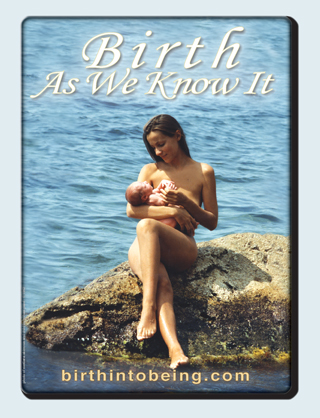by Nicette Jukelevics, author of
Understanding the Dangers of Cesarean Birth:
Making Informed Decisions
at www.DangersOfCesareanBirth.com
For years researchers have largely focused on the technical aspects and “appropriate” rate of cesarean section: the surgical procedure. However, birth by cesarean can have powerful psychological effects on women and their ability to adjust to motherhood.
A woman’s experience of her cesarean birth and her perceptions of the event, are influenced by multiple complex factors: The reason for which the cesarean was performed, her cultural values, her beliefs and anticipations of the birth, possible traumatic events in her life, available social support, and her personal sense of control, are only a few (Cummings, 1988; Cranley, 1983; Marut and Mercer, 1979; Sheppard-McLain1985).
Many women recover fully physically and emotionally from a cesarean birth, others do not. Little attention has been paid to the psychological impact that a surgical birth may have on women’s emotional well being. Their personal experiences have been at times trivialized, misunderstood, or ignored by the medical community.
That birth by cesarean can have an adverse psychological impact on some mothers was already a concern in the early 1980’s as the cesarean rate in the United States was climbing rapidly (Lipson and Tilden, 1980). Anecdotal reports and personal testimonies have helped to increase awareness of the negative psychological repercussions that some women experience following a cesarean birth. (Baptisti-Richards 1988; Madsen, 1994;Pertson and Mehl, 1985; Wainer-Cohen and Estner 1983).
Research suggests that the negative psychosocial effects of cesareans can be significant and far-reaching for some women (Mutryn, 1993). Several reports also indicate that a cesarean birth, especially one that was not anticipated, can put some women at increased risk for depression and post-traumatic stress. Continue reading The emotional scars of Cesarean birth →


